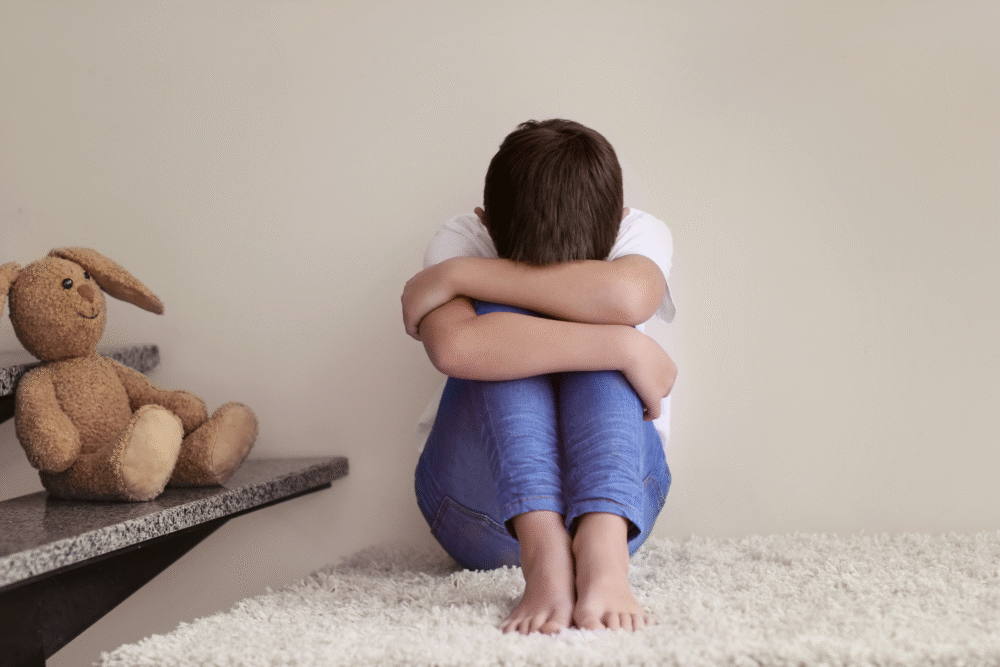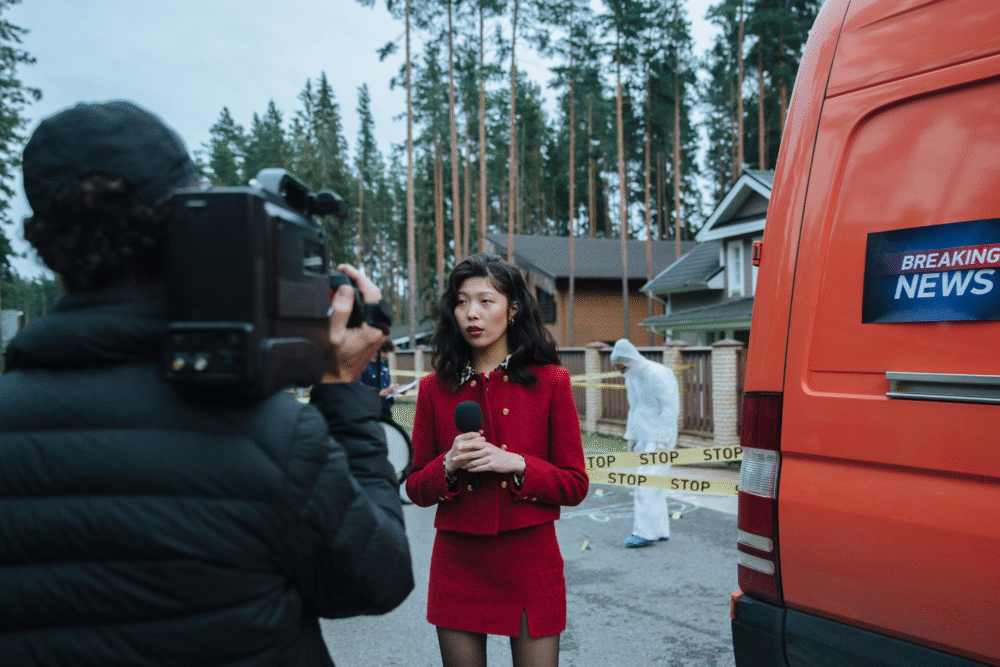The world didn’t just change—millennials had to grow up in its chaos.

Millennials were promised stability, but got a crash course in survival. Every time things looked like they might settle down, another curveball hit. It wasn’t just bad luck—it was historic disruption packed into a single generation’s coming-of-age story. The world told them to be flexible, but offered little support when the floor kept falling out.
The result? A generation hardened by reality and softened by empathy. They didn’t just watch history unfold—they had to adapt, rebuild, and somehow stay hopeful through it all.
1. The September 11 attacks shattered any illusion of global security.

One minute, kids were in homeroom. The next, they were watching the Twin Towers collapse in real-time. It was the first time many millennials realized the world was dangerous in ways textbooks hadn’t prepared them for. The trauma lingered. Suddenly, airports changed, wars started, and fear crept into everyday life. What was supposed to be a routine school day became the dividing line between “before” and “after.” They didn’t just hear about war and terror—they grew up under its shadow, carrying the tension of that morning well into adulthood.
2. The Great Recession crushed dreams before they even started.

Fresh degrees, empty wallets, and rejection emails. Millennials walked into the 2008 financial crisis just as they were trying to launch careers. Jobs vanished, rent was barely doable, and moving back in with parents became normal. It wasn’t a slump—it was a delayed start to adult life, complete with shattered expectations. Those who managed to land jobs often did so at lower pay, with no benefits, and little upward mobility. As housing prices soared again, they were still digging out. The recession wasn’t just economic—it was emotional, stealing time, confidence, and that mythical American dream.
3. The rise and fall of the first wave of social media rewired everything.

Millennials were the test subjects. They built their identities on platforms like MySpace, Facebook, and early Instagram—then watched those platforms turn into machines of anxiety, comparison, and misinformation. What started as fun online expression morphed into digital surveillance and mental exhaustion. Privacy faded, performative authenticity took over, and scrolling became a compulsion. It wasn’t just the apps—it was the shift in how people connected, argued, and understood themselves. Millennials didn’t opt into this digital evolution—they helped invent it, then had to deal with the fallout before anyone had a clue how damaging it might be.
4. The COVID-19 pandemic derailed adulthood—again.

Jobs lost. Weddings canceled. Mental health spiraling. Just as millennials were starting to stabilize, the world hit pause—and then rewind. Careers regressed. Parents needed caregiving. Kids were home 24/7. Plans they’d clung to for years vanished in a haze of uncertainty and sourdough starter. Millennials didn’t just get sick—they got stretched thin. The pandemic wasn’t their first crisis, but it hit during a moment that should’ve felt like arrival. Instead, it forced a retreat into chaos, isolation, and relentless adaptation. For many, it felt like another promise broken by forces beyond their control.
5. The housing market became a locked door they couldn’t afford to knock on.

Their parents bought homes on single incomes. Millennials? They saved for years, got outbid in days, or watched prices skyrocket faster than wages. Owning property became a dream wrapped in avocado toast jokes and financial guilt. They didn’t avoid responsibility—they were priced out. Interest rates, bidding wars, and student loans formed an unholy trio. Even those with decent credit and savings found themselves stuck renting with no end in sight. Homeownership, once the benchmark of adulthood, became a cruel tease—dangling just out of reach no matter how carefully they budgeted.
6. The student debt crisis redefined the cost of education.

Millennials were told a degree was the ticket. So they took out loans, studied hard, and walked into an economy that couldn’t support them. Now they’re saddled with debt they may never fully repay, watching interest pile up while wages stagnate. The shame, the stress, the missed milestones—it’s all there, wrapped in a diploma that feels more like a ball and chain. Education didn’t fail them entirely, but the system around it did. What was sold as an investment in their future turned out to be one of their generation’s biggest financial burdens.
7. The climate crisis went from theory to terrifying reality.

They were taught to recycle. Now they’re watching wildfires tear through neighborhoods, floods drown cities, and heatwaves become deadly. Millennials grew up hearing climate change warnings and are now living inside the proof. It’s no longer about future generations—it’s their present. They’re raising kids in a world they’re unsure will be habitable in 50 years. And despite their concern and activism, the systems in power have moved painfully slow. It’s not just fear—it’s the crushing frustration of knowing what’s at stake and watching action stall.
8. Mass shootings became a regular part of the news cycle—and life.

Lockdown drills weren’t a thing for Gen X or Boomers. But millennials got them in high school, and now their kids get them in kindergarten. The frequency of mass shootings—at schools, concerts, churches—has normalized a kind of collective trauma. They’ve grieved people they never met. They’ve memorized escape routes. They’ve sat through debates that go nowhere while the body count rises. Safety isn’t assumed anymore. It’s negotiated with fear. Millennials didn’t create this reality, but they live in its tension daily—hoping, praying, and often wondering if they’re next.
9. The normalization of mental health struggles cracked old stigmas wide open.

Millennials didn’t invent anxiety, depression, or burnout—but they refused to suffer in silence. Growing up in a pressure-cooker of expectations, financial instability, and endless digital noise, they were forced to confront their mental health early and often. Therapy, medication, emotional boundaries—all became survival tools, not luxuries. Talking about trauma wasn’t taboo—it was necessary. Still, being open hasn’t made the road easier. It just made it visible. This generation may be more self-aware than their predecessors, but awareness didn’t make healing simple. It just gave them the language to admit the damage.
10. Political polarization turned into a full-blown identity crisis.

Every election now feels like a battle for the soul of the country. Millennials came of age during bipartisan gridlock, growing distrust in institutions, and escalating cultural clashes. They’ve watched democracy feel fragile, watched truths become optional, and seen civil discourse replaced with chaos. Voting feels urgent and futile at the same time. It’s not apathy—it’s exhaustion. Millennials aren’t disconnected—they’re worn down by the noise, the algorithms, and the endless cycle of outrage. They’re trying to participate in a system that often feels rigged, outdated, and deeply broken.
